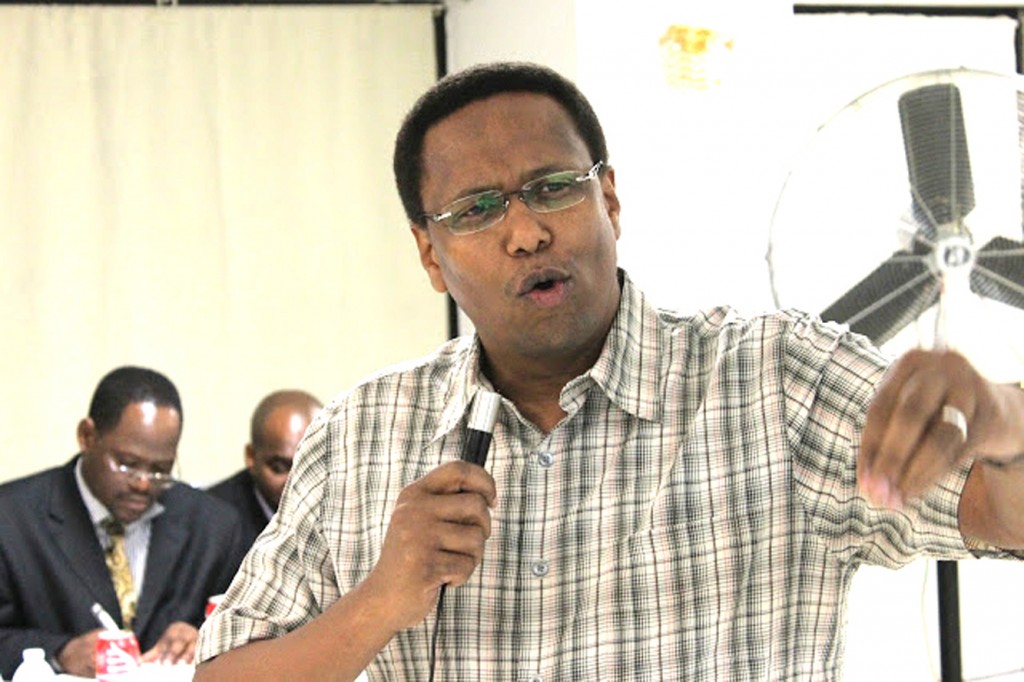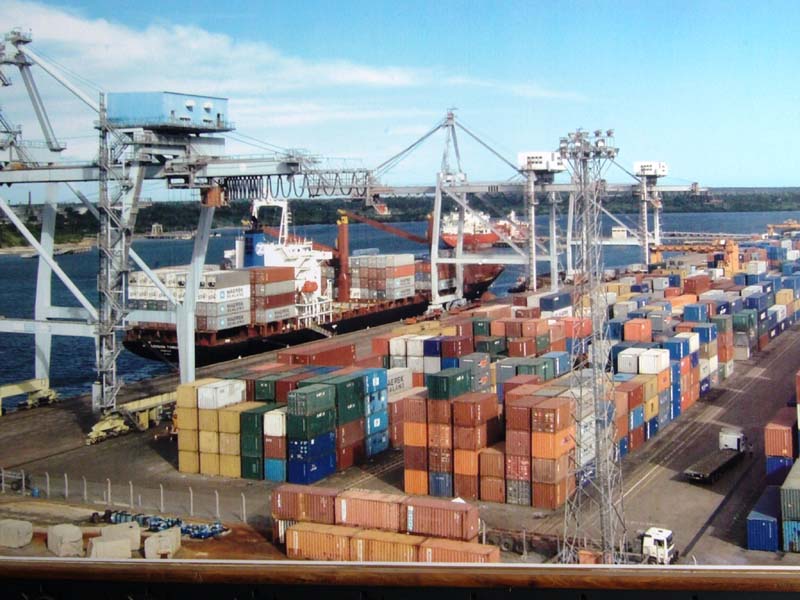The Washington Based Global Financial Integrity Organization (GFI) Claims Has Found Traces of Money Laundering in Tanzania.
By TZ Business News Staff.
The Washington based organization, Global Financial Integrity (GFI), has accused the Tanzania Revenue Authority (TRA) of inefficiency during the past 10 years, when Tanzania lost a hefty $8 billion during the period through the condoning of ‘mis-invoicing’ of imports and exports.
Mining companies alone siphoned out of the country almost $248 million per year through the ‘mis-invoicing’, the French news agency Agence France-Presse has quoted GFI as saying.
Tanzania’s mining revenues are touted as a key way to reduce reliance on foreign aid and pull people out of poverty, but experts argue companies are swindling the government out of at least $248 million a year.
Efforts to get comment from TRA Commissioner General Rished Bade continue after first attempts failed before publication of this story. Tanzania topped the worst list among nations across Africa examined by Global Financial Integrity (GFI)–the list which was found with nearly $19 billion (14 billion euros) in illicit flows over the past decade.
“There’s a narrative in the development community that there’s something wrong with developing countries, because we keep pumping money in, and they’re not developing as quickly as we’d like them to,” said GFI economist Brian LeBlanc. “The reality is that we’re draining money out, and we’re doing it at an increasing rate.”
The Washington-based GFI’s examination of trade mis-invoicing reveals stark figures. Mis-invoicing occurs when businesses deliberately lie about the value of the goods they’re importing or exporting. There are a lot of illegal reasons to do this, including tax evasion and money laundering.
Globally, trade mis-invoicing is a $424 billion a year problem, and makes up about 80 percent of all the money that flows out of developing countries illegally, GFI said. Numbers like this, when compared to aid, mean there’s far more money draining out of Africa than going in.
Much attention has been given to transfer pricing, when multinational companies employ accounting tricks to shift profits into countries where they’ll pay less tax. Trade mis-invoicing is different. It involves tangible goods that are shipped across borders, and the activity is therefore a lot easier to spot.
The researchers simply looked at the value of goods sent to or received from developed countries — where customs officials tend to be more rigorous — and compared it to the values declared in developing countries. In Tanzania, the report discovered that, rather than undervaluing imports, corporations were overvaluing them.
In the case of fuel imports, overvaluing allows companies exempt from paying fuel taxes — such as mining companies — to reduce on paper the profits they will be taxed on, with GFI calculating as much as $248 million a year in revenue was lost. In total, at least $8 billion was illegally drained out of the Tanzanian economy over just 10 years, said LeBlanc.
“These critical resources could have helped to create more jobs, to fund greater access to social services to improve the lives of average Tanzanians, and to improve infrastructure that is vital to additional economic development,” he said.
But it wasn’t all money going out. The report identified nearly $11 billion in export over-invoicing, which may be a sign of money-laundering and payments for illicit goods.
Money laundering is the process where earnings from crime are transformed into legitimate money or other assets. However the term money laundering has become associated with other forms of financial crime, and sometimes used more generally to include misuse of the financial system, including financing terrorism and tax evasion.
Money obtained from certain crimes, such as extortion, insider trading, drug trafficking, illegal gambling and tax evasion is “dirty money” which financial criminals need to cleaned to make the money appear to have derived from non-criminal activities, so that banks and other financial institutions will deal with it without suspicion.
Originally, the term applied to real money but now money laundering applies to the proceeds of crime that are laundered using a variety of monetary instruments including securities, digital currencies such as bitcoin, credit cards, and traditional currency. Money can be laundered by many methods, which vary in complexity and sophistication. Mis-invoicing is one of those ways to clean dirty money.
The port of Dar es Salaam is a major hub for the illegal export of wildlife products like rhino horn and ivory, as well as drugs and gold. Stronger and more specific laws can help tackle the problem, the report added.
They also suggest that customs officials have access to up-to-date pricing data, to allow them to flag questionable exports and imports.
“Every international organisation in the world is basically telling them promote exports and trade facilitation, and then we come along and say that perhaps these things have unintended consequences that need to be addressed,” said LeBlanc.
“For years and years this problem has been known by the World Bank and IMF, but it’s been viewed as an intrinsic problem with the African countries, not looking at the other side of the equation — the overall financial system, which is a system largely created by Western nations,” he added. “It’s a much larger, more intricate problem.”





